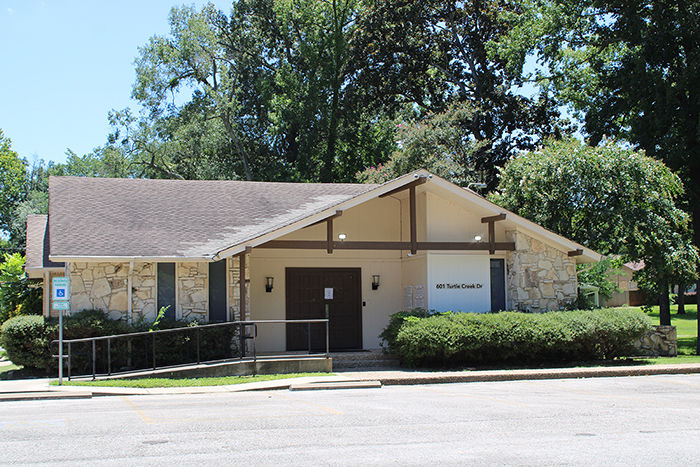CBO should change how it estimates tax
Published 7:32 pm Wednesday, January 7, 2015
Democrats are sounding the alarm about a new Republican “ruse” to change how the Congressional Budget Office “scores” tax proposals to gauge how they’ll affect the economy.
Here’s hoping the Democrats are right. The CBO has done a poor job of predicting how the economy — and Americans — will respond to tax hikes and tax cuts. A better system for scoring them is needed.
Trending
“As Republicans take control of Congress this month, at the top of their to-do list is changing how the government measures the impact of tax cuts on federal revenue: namely, to switch from so-called static scoring to ‘dynamic’ scoring,” the New York Times explains. “While seemingly arcane, the change could have significant, negative consequences for enacting sustainable, long-term fiscal policies.”
There’s a reason that economics is called the “dismal science,” but stay with us here. Changes in the tax code cause changes in people’s behavior. No mystery there.
“For example, if Congress contemplates raising the excise tax on cigarettes, scorekeepers consider existing trends in cigarette consumption, the likelihood that the higher taxes will induce some smokers to quit, and the prospect that higher prices will increase incentives for cigarette smuggling,” the Times notes. “There are no truly ‘static’ revenue estimates.”
In other words, if you raise a tax 10 percent, you can’t simply count on a 10 percent increase in revenues, because people aren’t simple. They adapt to changing tax policies.
The problem with the CBO’s way of estimating those changes is that they’re too narrow. They look at direct effects, when indirect effects can be just as important.
Take those higher taxes on cigarettes, for example. The CBO will correctly estimate that some smokers will quit, while some others will find ways to get their smokes without paying those taxes (i.e., smuggling). But what the CBO doesn’t take into account is what those new nonsmokers will do with their extra money, now that they’re not buying cigarettes. As any former smoker can tell you, it can seem like a princely sum. That money can and will be either spent elsewhere, or saved and invested. Economic activity doesn’t cease; it merely changes.
Trending
Now, the Times does make a valid point; revenue estimates are essentially political statements. Those who like tax cuts will tend to estimate the revenue effects differently from those who don’t like tax cuts. And there are plenty of sneaky accounting tricks that can help either side make its case — such as budgeting for future spending cuts that might or might not happen. The Affordable Care Act, for example, relies on estimates that medical costs will come down significantly, despite no good evidence that will ever happen.
But the Times argues that because estimates of future spending cuts are sometimes skewed, then revenue estimates should also be skewed. That doesn’t make sense. The fix for that is to stop skewing future cuts.
The truth is that dynamic scoring is a better way to estimate the effect of tax policy changes. The CBO should adopt this method, and give Americans a clearer picture of how a policy will play out.







